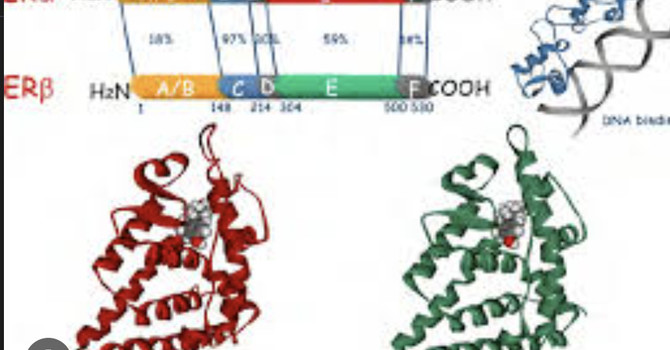Understanding Mast Cell Activation Syndrome (MCAS) and the Role of Hormone Therapy
Mast Cell Activation Syndrome (MCAS) is a complex condition characterized by the inappropriate release of mast cell mediators, leading to a wide array of symptoms affecting multiple organ systems. The condition is challenging to diagnose due to its vast symptomatology and the overlap with other disorders. Symptoms can range from mild to severe and include skin rashes, flushing, abdominal pain, nausea, vomiting, headache, and anaphylaxis in severe cases1241718. The triggers for MCAS are diverse and can include foods, stress, chemicals, medications, and environmental factors18.
The Prevalence of MCAS
Determining the exact number of women affected by MCAS is challenging due to underdiagnosis and the variability of symptoms. However, it is acknowledged that MCAS can significantly impact patients' quality of life15. Some studies suggest that MCAS may be more prevalent in women, although the reasons for this gender disparity are not fully understood19.
The Importance of Progesterone in MCAS
Progesterone plays a crucial role in regulating mast cell activity. Research has shown that progesterone can inhibit mast cell secretion, potentially reducing the severity of symptoms in conditions like MCAS13. This effect of progesterone on mast cells may explain why some women experience a reduction in MCAS symptoms during pregnancy when progesterone levels are naturally higher.
Estrogen Therapy in the Treatment of MCAS
Estrogen's role in MCAS is complex. While estrogen can stimulate mast cells to release histamine and other mediators, potentially exacerbating MCAS symptoms5912, careful management of estrogen levels through hormone therapy may offer relief for some patients. Estrogen therapy, particularly when balanced with progesterone, may help manage symptoms related to hormonal fluctuations that can trigger or worsen MCAS episodes368.
The Role of Hormone Therapy in Managing MCAS
Hormone therapy, including the use of bioidentical hormones, may be beneficial in managing MCAS, especially when hormonal imbalances contribute to symptom severity. The use of bioidentical progesterone, for example, can be a helpful strategy in improving symptoms of estrogen dominance, PMS, symptoms of menopause, fertility, and mast cell activation issues3. It is crucial, however, to approach hormone therapy with caution, as certain forms of synthetic hormones can exacerbate histamine and MCAS symptoms8.
Conclusion
For women experiencing MCAS, especially those in perimenopause or menopause, hormone therapy may offer a path to symptom relief. The interplay between estrogen, progesterone, and mast cell activity highlights the need for a personalized approach to treatment. At specialized clinics, such as DoctorAnat Clinic, patients can receive tailored hormone therapy that considers their unique hormonal needs and MCAS symptoms. By focusing on individualized care and the use of bioidentical hormones, it is possible to manage MCAS more effectively and improve patients' quality of life. If you suspect you have MCAS or are struggling with menopausal symptoms that could be linked to mast cell activation, seeking specialized medical advice is a critical step toward finding relief.

Anat Sapan, MD
Contact Me



